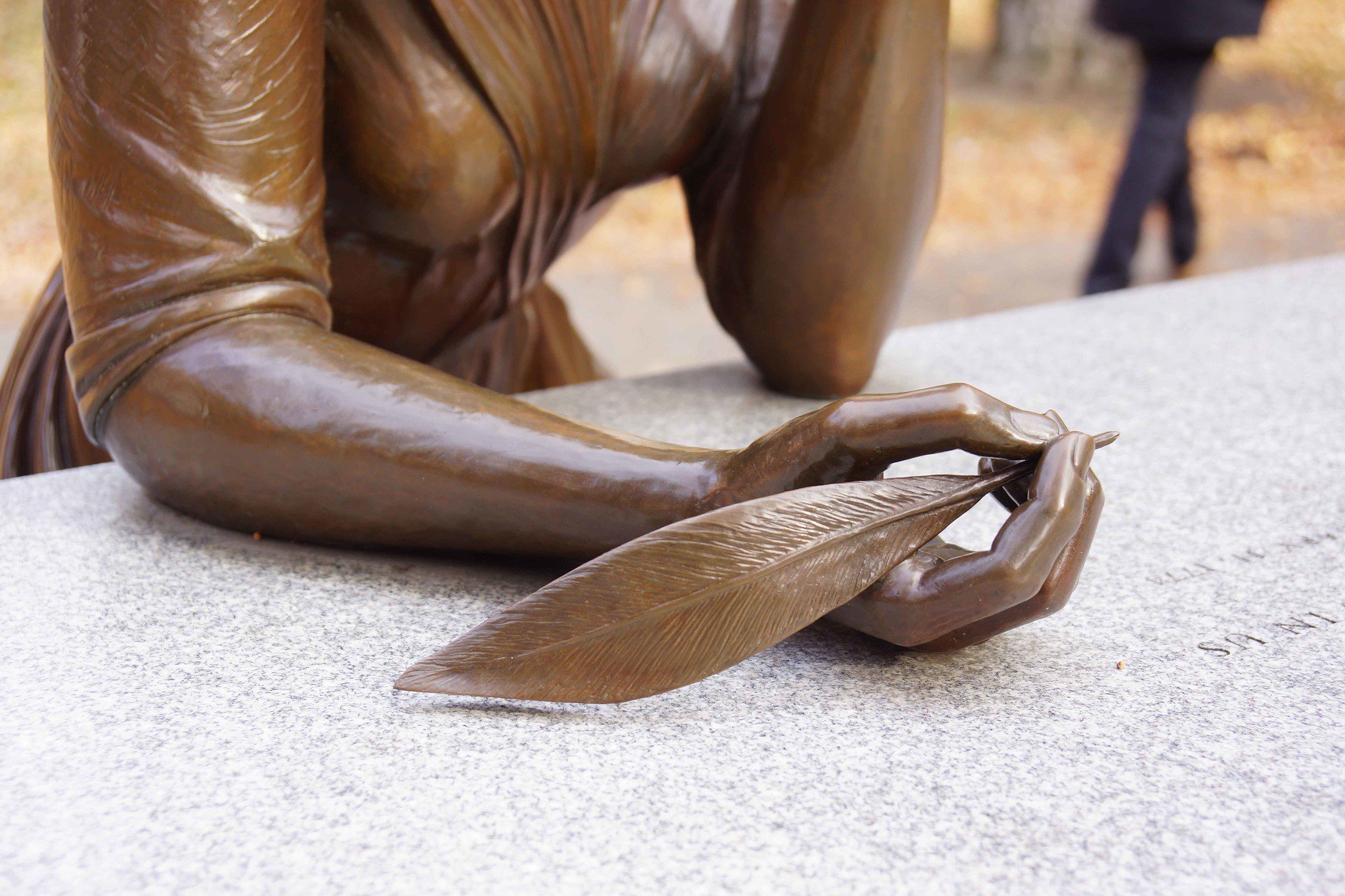Most Popular Black Perspectives Pieces of the Year

In 2022, Black Perspectives was alive with roundtables, forums, and individual posts that demonstrated the depth and breadth of Black intellectual history. These posts documented the actions and philosophies of individuals, synergized communities, and excavated the links between the past and the present. This essay reflects a sampling of the most viewed posts throughout the year.
The legacy of slavery continues to resonate in the present-day informing policies and understandings of racial violence in many countries, including the United States and Canada. Jennifer L. Morgan’s August essay, “Reproductive Rights, Slavery, and ‘Dobbs v Jackson’,” delineated the impact and implications of slavery on women’s rights to privacy and bodily integrity. Morgan found linkages between the Dobbs v Jackson Women’s Health Organization decision in 2022 and the Virginia legislature decision that determined hereditary racial slavery through the mother’s status in 1662. This 1662 ruling “set in motion a precedent for violent state involvement in the bodies of dispossessed women that we are viscerally encountering today some 360 years later.” The following month, Melissa N. Shaw’s article, “Historical Legacies, Black Canadian Slavery, and Institutional Histories,” challenges the idea of Canada as a country with a history of benign slavery and free from anti-Black racial violence. Shaw recounts the story of Marie-Louise, a girl enslaved by McGill University’s founder James McGill. In referring to Marie-Louise’s treatment, Shaw asserts that enslavers “were not required to see or treat enslaved people as human beings.” The author offers factual accounts of racial violence to make clear the brutality and harm of slavery to center the experiences of the enslaved rather than the kindness of the enslavers.
Contributors to the blog provided necessary interventions into important debates and current events. The month of August also featured Hettie Williams, the president of the AAIHS, intervening in the conversation that emerged after American Historical Association president, James Sweet, published an essay about the “role of history in society.” In “Black Historians, Race, and the Historical Profession,” Williams centered the contributions of Black historians in interrogating racism, classism, and gender in African American history. She argues, “It is not presentist to note that racial slavery has had an indelible and residual impact on the lives of African Americans down to contemporary times.” Rather than hinder the discipline, Black historians revitalize it by breaking new ground and innovating ways of understanding how the past shapes the present. An example of Black scholars responding to contemporary anti-Black violence is the #BuffaloSyllabus published four months after a white gunman shot and killed ten Black people at Tops Supermarket in Buffalo, New York. Several scholars, J Coley, Tiana U. Wilson, William Jamal Richardson, and Dr. Robert Mays, came together to “co-author a reading list that contextualized Black people’s lived experiences in the ‘city of good neighbors.’” This syllabus not only offered contemplation but also encouraged praxis as a “resource for community members, allies, and political leaders interested in taking action to better the material conditions of East Side residents.” The syllabus centered on racism, violence, geography, housing, history, and abolitionist futures. These scholars offered a syllabus that made the university and academic research communities responsive to contemporary events, which indexes how African Americans live with the legacy of slavery in the present day.
Scholars contributing to Black Perspectives challenged and moved against the grain of societal silence and indifference to the work and lives of Black women. Historians contribute their innovative methods by writing Black women’s biographies and histories. In May, Ashley D. Farmer and Tanisha Ford wrote the roundtable introduction, “Behind and Beyond Biography,” to examine how scholars write against “the violence of the archive and the ways in which evidence of our lives, our humanity, have been scattered across archives, pushed to the margins, and omitted all together.” They introduced a series featuring four biographers of Black women to uncover the paths and imperatives that led them to their subjects. In another roundtable published in October, Rhonda Y. Williams wrote the response, “Remembering Civil Rights Activist Fannie Lou Hamer,” to conclude a weeklong discussion on Keisha N. Blain’s, Until I Am Free: Fannie Lou Hamer’s Enduring Message to America. Williams opens the piece describing teaching students in her Biographies of Struggle course about Hamer. In detailing her response to Blain’s introduction, Williams traces the palpable, haunting, and hopeful aspects that came through the text. She writes, “Making sense of the philosophies underneath the struggles waged by Hamer and others is not abstract matter – despite the inventiveness (or connivance) of the mind in making free and unfree people.” Black women scholars and subjects have been central participants in advancing advocacy and activism for justice, and their contributions must be illuminated.
Another groundbreaking piece highlighting an understudied topic was “Why Black AIDS History Matters” by Dan Royles. The piece, published on February 7, the National Black HIV/AIDS Awareness Day, notes that dominant representations of the disease center on white people. Placing Black people at the center of the story reveals a shift in the timeline of HIV/AIDS. It highlights how “injuries of inequality exacerbate the burden of HIV on Black communities.” Royles also accounts for Black gay men whose activism confronted the epidemic on multiple fronts, from individual needs and community responses.
The posts included here were a selection of the articles that appeared daily on Black Perspectives. They provide an intervention into contemporary debates, linkages between the past and present, and a look into the lives and actions of Black people confronting and navigating the unequal conditions they lived and continue to experience.
Copyright © AAIHS. May not be reprinted without permission.